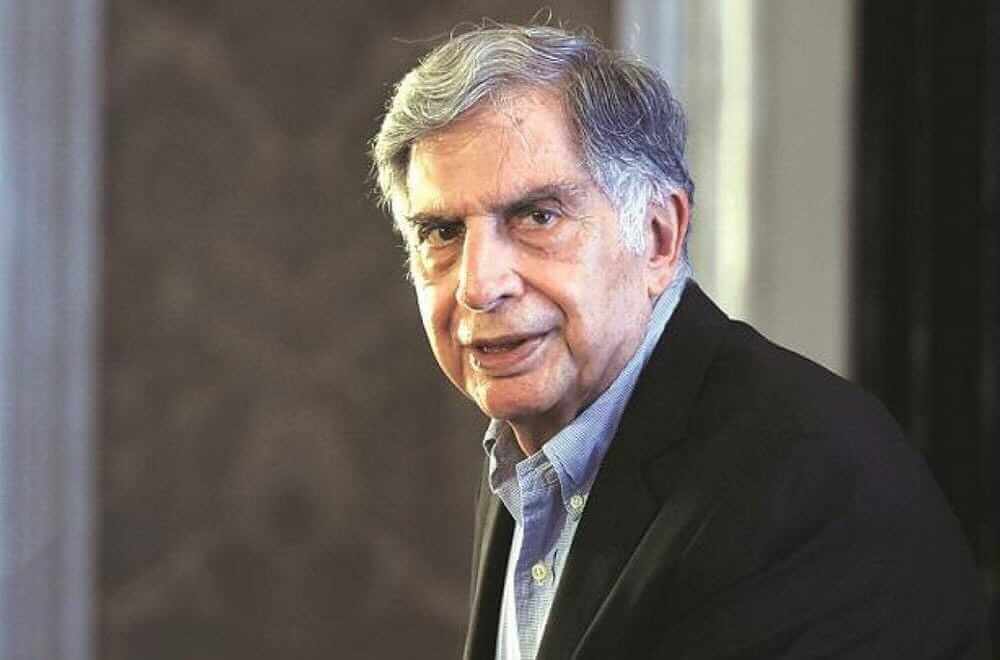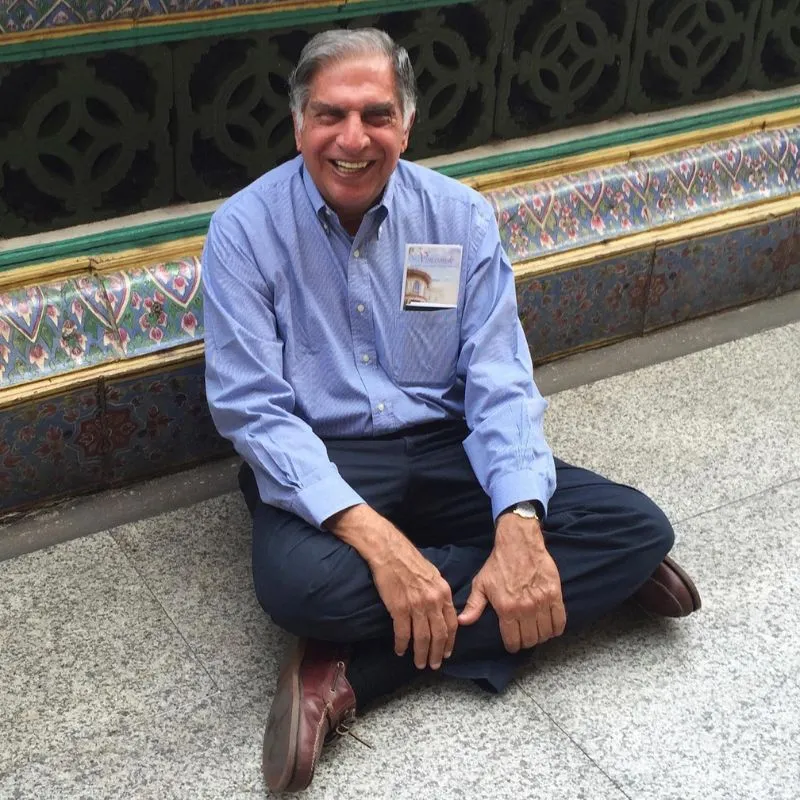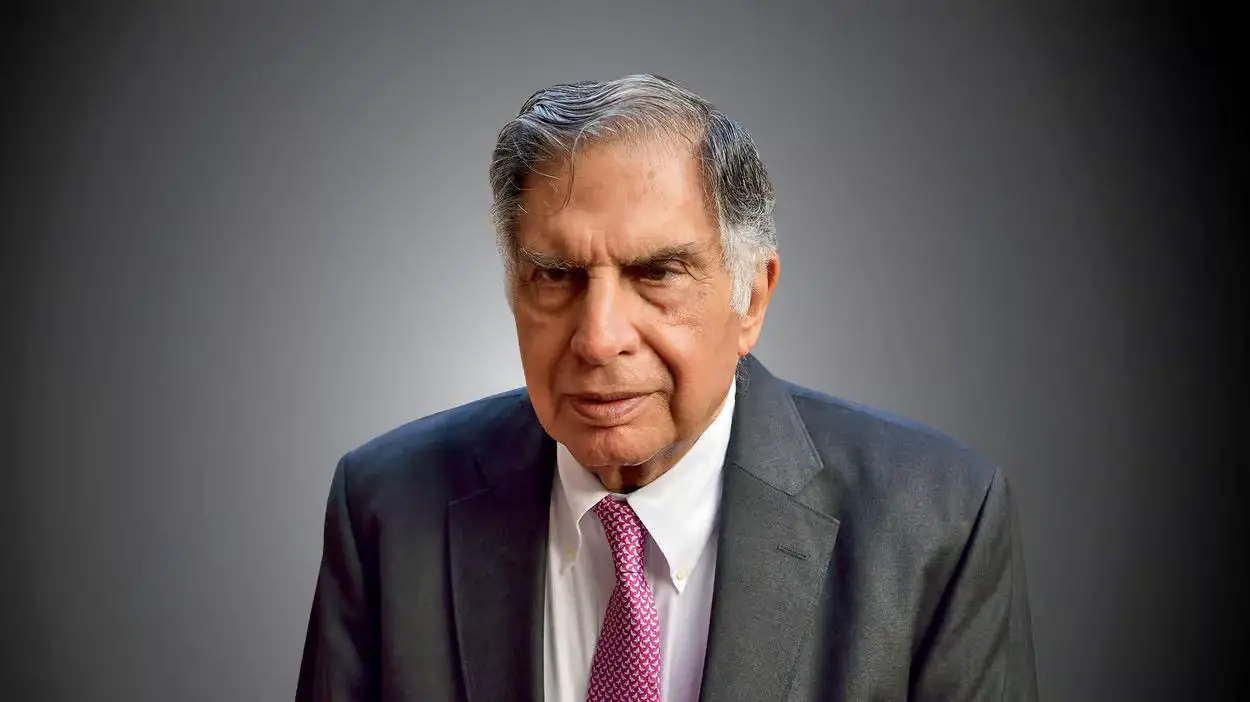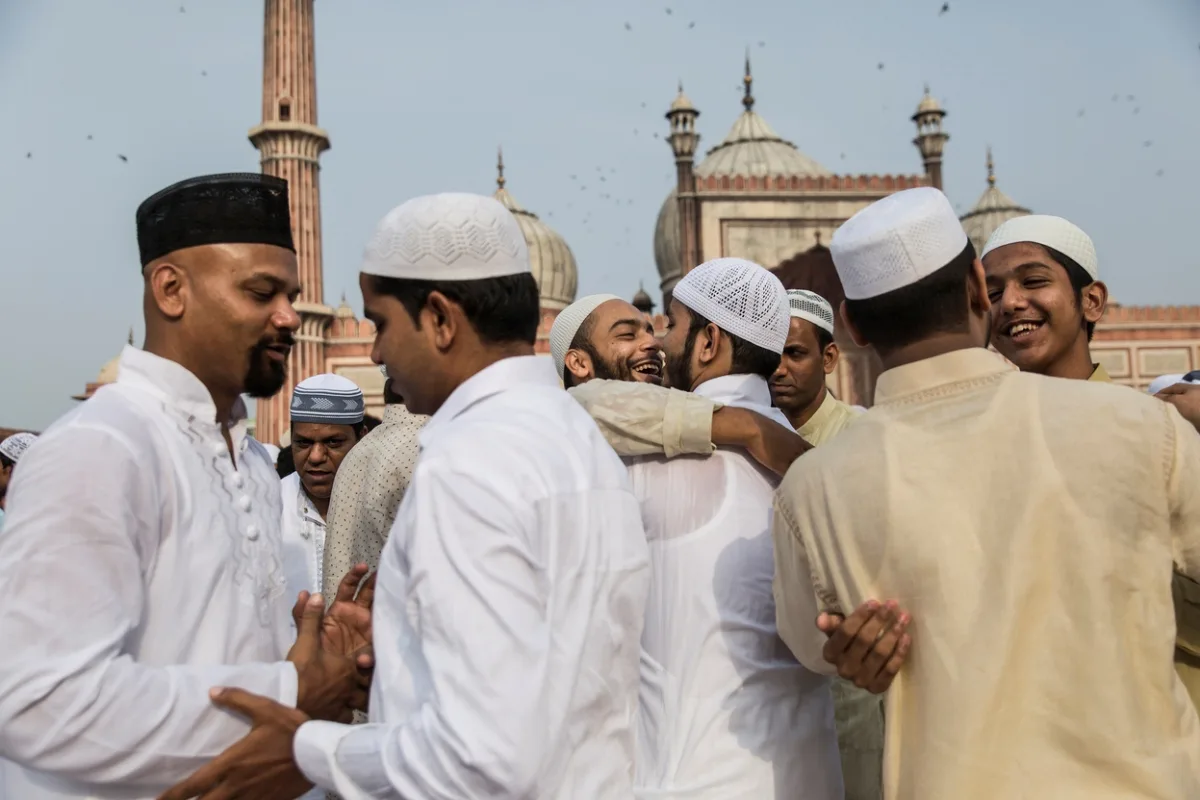At the age of 88, one of the most remarkable businessmen of modern history, Ratan Naval Tata, has left this world. He was one of those rare individuals whose selfless service to humanity earned him an immortal place in the hearts of people across the globe. When someone of his stature departs, people of every religion and nationality shed tears, remembering him with words of kindness and admiration.
Ratan Tata was born on December 28, 1937, during British rule in India. From the very beginning, he distanced himself from the pomp and show of life, choosing humility and simplicity instead. His family was one of the wealthiest in India—part of the illustrious Tata Group founded by Jamshedji Tata. A turning point in Jamshedji’s life came when he was denied entry to a high-end hotel in Bombay, simply because his skin color was not like the British. Deeply hurt by this discrimination, he vowed to create a hotel far superior to that one, where no one would ever face such exclusion. In 1903, on the shores of what is now Mumbai, the grand Taj Mahal Hotel was born, equipped with the most modern amenities of its time, including electricity, electric fans, and elevators. Today, the Taj Hotel has branches in nine countries, including the US and the UK, welcoming people from all over the world with open arms.

When Ratan Tata took over the leadership of the Tata Group in 1990, he recognized the changing demands of the modern era and implemented sweeping business reforms. He unified the company’s various subsidiaries, acquired global brands like Tetley and Jaguar Land Rover, and listed Tata Motors on the New York Stock Exchange, bringing international recognition to the group. Under his leadership, Tata Group expanded to six continents with 100 companies, collectively generating over $100 billion in revenue. However, despite reaching unimaginable heights of business success, what stands out most in his legacy is his humility, kindness, and unwavering commitment to serving humanity.
Ratan Tata, a devout follower of the Zoroastrian faith, believed deeply in strengthening his relationship with God by serving humanity. He firmly held that the purpose of a good human being is to eliminate evil through goodness, creating a world where peace prevails, and everyone—regardless of age, gender, or wealth—enjoys equal rights. Unlike many others in his position, he never sought to be counted among the world’s richest individuals. Instead, his true identity lay in his generosity, compassion, and humility. For him, the welfare of society and his employees always took precedence over financial gain.

Those who had the privilege of meeting him speak of his respect for everyone, regardless of their social standing. He greeted people warmly, shook hands with sincerity, and never missed an opportunity to extend hospitality. Unlike many wealthy business tycoons, he answered his own phone calls, responded to messages, and carried his own luggage during travel. As soon as the plane took off, he would quietly immerse himself in a book.
Ratan Tata was also known for his deep love for animals, especially dogs. He established a small animal hospital in Mumbai, where abandoned animals were treated with care. He often shared his photos with animals on social media, encouraging others to show compassion toward God’s voiceless creatures.

The essence of Ratan Tata’s vibrant life can be summed up by Zoroaster’s three core teachings: good thoughts, good words, and good deeds. He dedicated himself to improving society, generously donating to charitable causes, and using the wealth generated by the Tata Group to support welfare projects. One of the lesser-known secrets behind his success was his unparalleled ability to judge people and recognize talent. He had an innate gift for identifying future leaders, adhering to the principle of placing the right person in the right job. Securing a position within Tata Group became the dream of every educated young person in India, but getting hired was considered even tougher than joining the civil service.
Ratan Tata was also famous for his unshakable integrity. His word was his bond, and he would endure financial losses rather than compromise on his principles. He demonstrated through his timeless success that one can achieve greatness in business without sacrificing ethics. In a world plagued by fraud and dishonesty, Ratan Tata rejected shortcuts and adhered to the highest moral standards, reassuring humanity that it is indeed possible to walk the straight path and still succeed—provided one’s intentions are pure and direction true.



